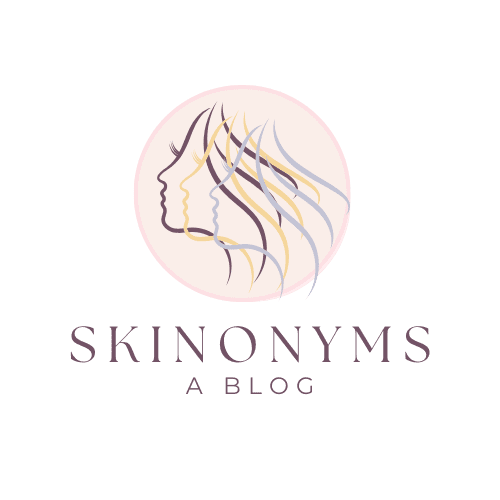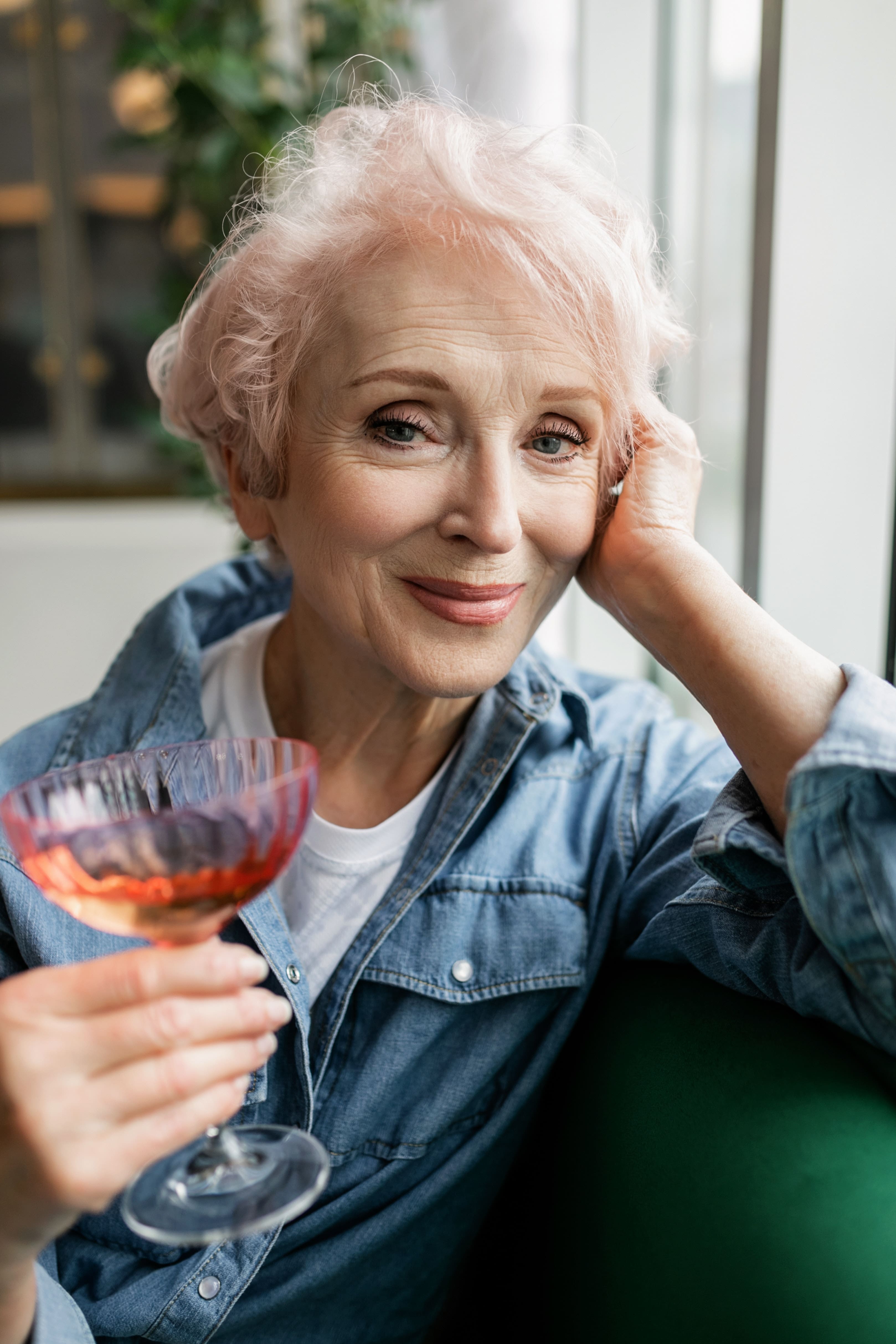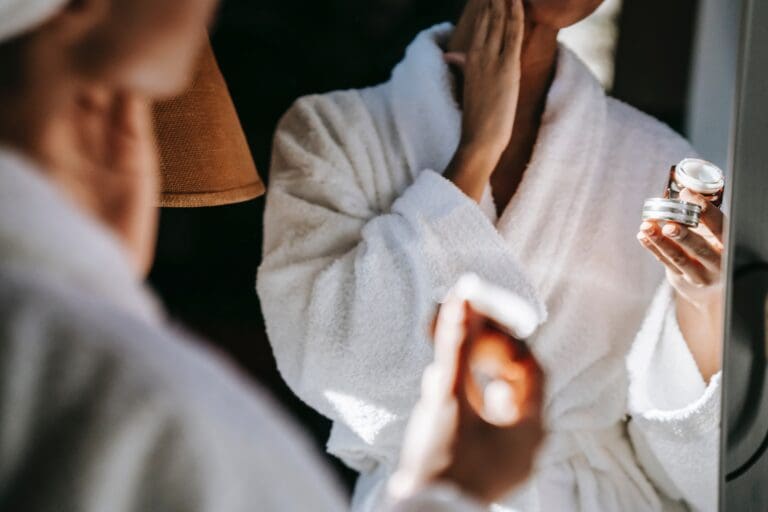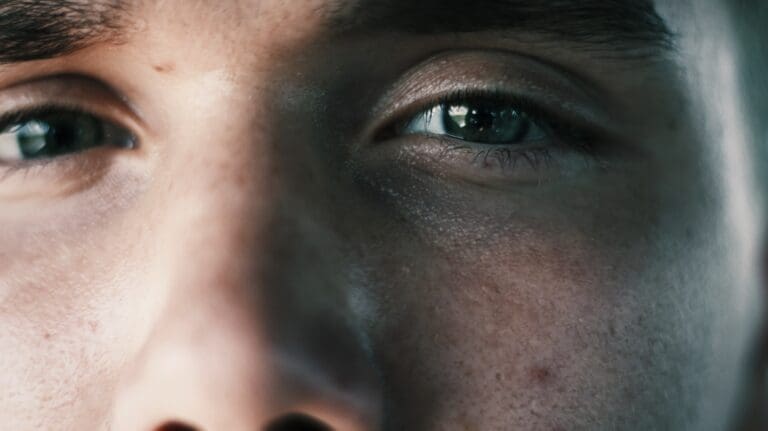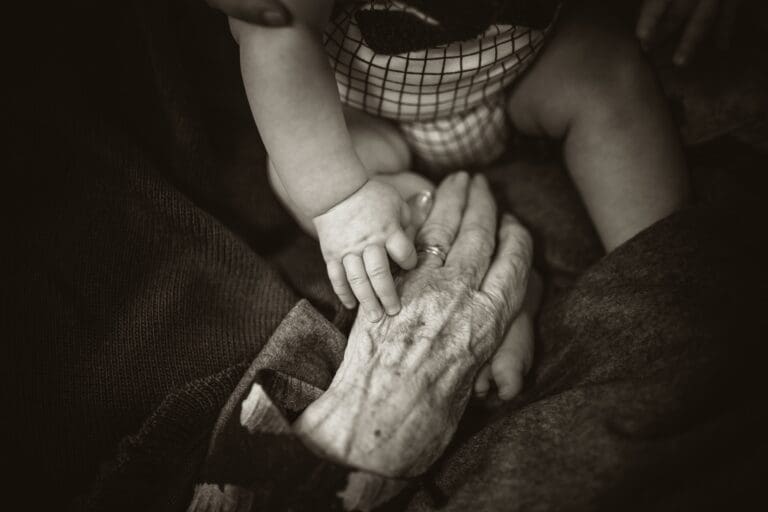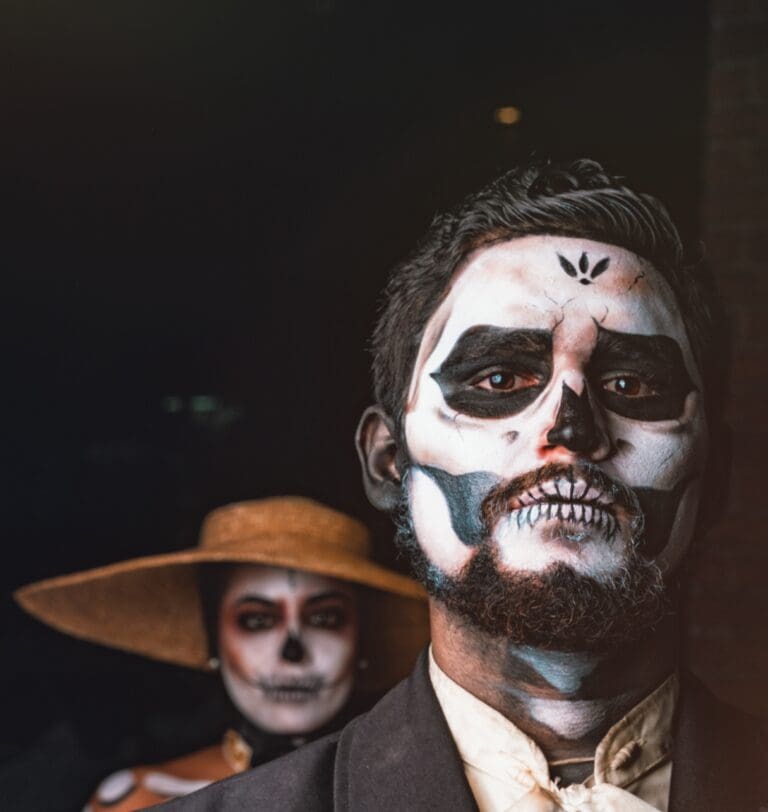How Anti-Aging Language Shapes Skin Care for Men and Women
Do you ever wonder why the beauty industry uses terms like “anti-aging” and “youthful” to describe their products? It turns out that the language used in the beauty industry has a significant impact on how we perceive aging and how we care for our skin. In particular, the language used in marketing anti-aging products has shaped our attitudes towards aging, and has influenced how we view the aging process.
For decades, the beauty industry has been promoting anti-aging products as a way to prevent or reverse the signs of aging. While these products can be effective, the language used to market them can be problematic. The term “anti-aging” implies that aging is something to be fought against, rather than accepted as a natural part of life. This language can create a negative attitude towards aging, and can even lead to ageism or discrimination.
Furthermore, the language used to market anti-aging products is often gendered, with products marketed towards women more than men. This gendered language can reinforce traditional gender roles and stereotypes, suggesting that women should prioritize their appearance and youthfulness over other aspects of their lives. By examining how anti-aging language has shaped our attitudes towards aging and how we care for our skin, we can better understand the impact of language on our perceptions and behaviors.
The Language of Anti-Aging
When it comes to anti-aging skincare, the language used in marketing and advertising can have a significant impact on how men and women perceive and care for their skin. The terms used can create unrealistic expectations and promote negative attitudes towards aging.
One common term used in anti-aging skincare is “age-defying.” This term suggests that aging is something to resist, rather than a natural process that should be embraced. While it’s understandable that people want to look and feel their best, it’s important to remember that aging is a normal part of life and should be celebrated, not feared.
The language used in anti-aging skincare can also perpetuate gender stereotypes. For example, many products marketed towards women use language that emphasizes youth and beauty, while products marketed towards men focus on strength and vitality. This can create unrealistic expectations and reinforce harmful gender norms.
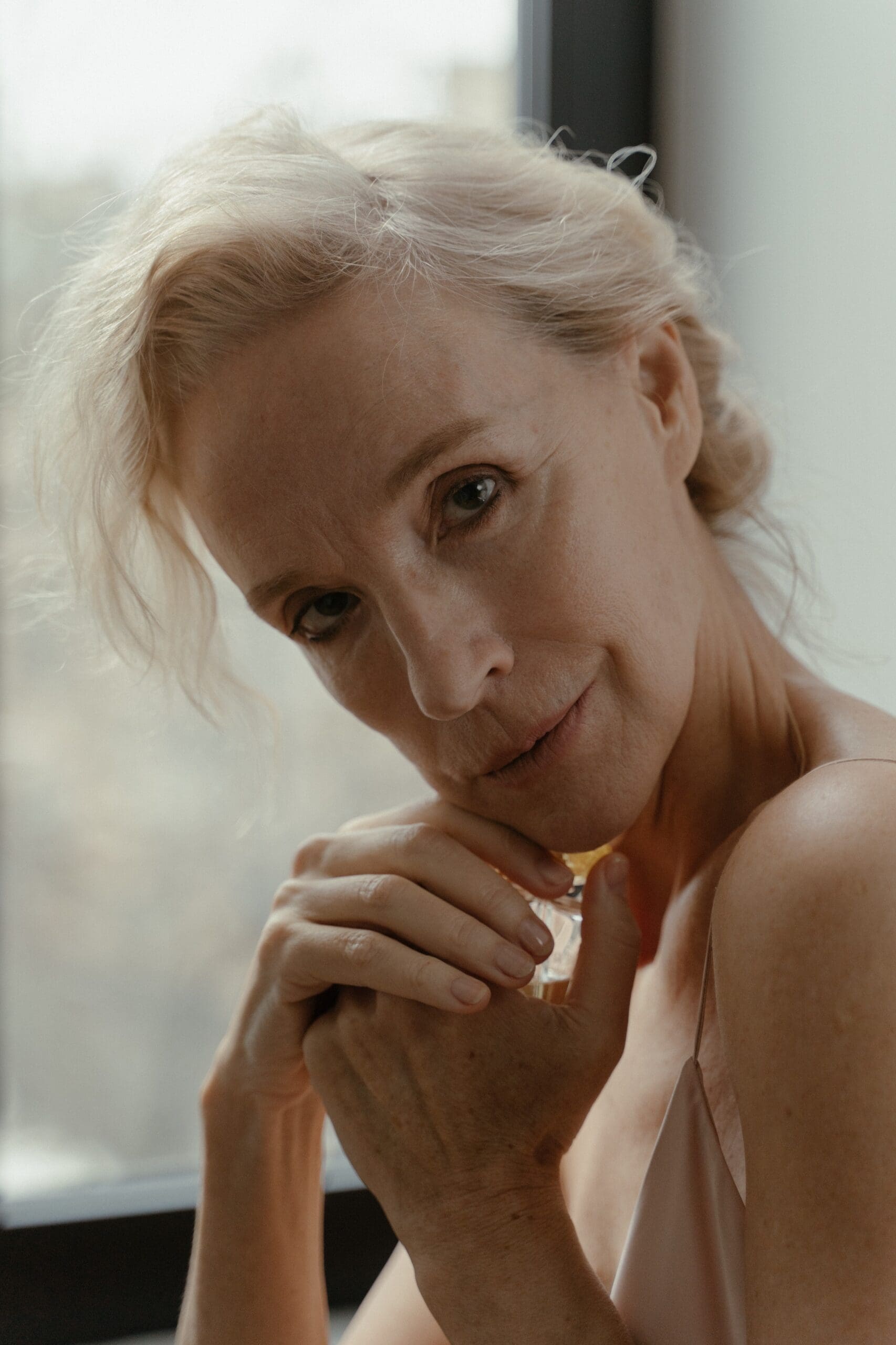
Impact on Perceptions and Stereotypes
Ageism and Discrimination
Anti-aging language has had a significant impact on perceptions and stereotypes related to aging. The use of words such as “anti-aging” and “youthful” has created a culture where aging is seen as something negative and undesirable. This has led to ageism and discrimination against older individuals, particularly in industries such as fashion and beauty.
Ageism and discrimination can have serious consequences on the well-being and mental health of older individuals. Research has shown that ageism can lead to negative self-perceptions, decreased self-esteem, and even physical health issues. It is important to recognize the harmful effects of ageism and work towards creating a more inclusive and accepting society for individuals of all ages.
Bias in the Beauty Industry
The beauty industry has been particularly guilty of perpetuating ageism and discrimination through the use of anti-aging language. The industry has created a culture where youthfulness is equated with beauty and older individuals are often overlooked or excluded from marketing campaigns.
This bias in the beauty industry can have a significant impact on how men and women care for their skin. Many individuals feel pressure to use anti-aging products and procedures to maintain a youthful appearance, even if they are not necessary or beneficial for their skin. This can lead to a waste of time, money, and resources, as well as potential harm to one’s skin.
Cultural Context
It is important to recognize that perceptions and stereotypes related to aging can vary across different cultures. In some cultures, aging is seen as a sign of wisdom and experience, while in others it is viewed as a negative and undesirable aspect of life.
Understanding the cultural context is important when discussing anti-aging language and its impact on perceptions and stereotypes. It is important to recognize and respect different cultural beliefs and values related to aging, and work towards creating a more inclusive and accepting society for individuals of all ages.
Mental and Physical Well-Being
When it comes to anti-aging, it’s not just about looking good on the outside. Mental and physical well-being are also important factors to consider. In fact, feeling good on the inside can help you look and feel younger on the outside.
Quality of Life
As you age, your quality of life can be impacted by a number of factors. For example, you may experience physical limitations or health issues that make it more difficult to enjoy the activities you once loved.
Depression and Social Isolation
Depression and social isolation are two common issues that can impact older adults. Unfortunately, these issues can also contribute to premature aging. When you’re feeling down or disconnected from others, it can be difficult to take care of yourself.
Body Image and Self-Care
Body image is another important factor to consider when it comes to anti-aging. As you age, you may notice changes in your skin and body that make you feel less confident. However, it’s important to remember that everyone ages differently, and there’s no one “right” way to look as you get older.
Aging Across the Life Course
As you age, your skin goes through a natural process that can be influenced by various factors such as genetics, lifestyle, and environmental factors. Understanding the aging process across the life course can help you make informed decisions about how to care for your skin.
Younger Adults
In younger adults, skin aging is not yet visible, but it is important to start taking care of your skin early on to if you wish to prevent premature aging. This includes protecting your skin from sun damage by using sunscreen, avoiding smoking, and maintaining a healthy diet and lifestyle.
Middle-Aged Adults
As you enter middle age, visible signs of aging may start to appear, such as wrinkles, age spots, and loss of elasticity. It is important to continue protecting your skin from sun damage and maintaining a healthy lifestyle. In addition, using anti-aging skincare products that contain ingredients such as retinol, vitamin C, and hyaluronic acid can help reduce the appearance of fine lines and wrinkles.
Older Adults
In older adults, skin aging becomes more pronounced, and the skin may become thinner and more fragile. It is important to continue protecting your skin from sun damage and using anti-aging skincare products. In addition, maintaining a healthy diet and lifestyle can help promote healthy aging and autonomy.
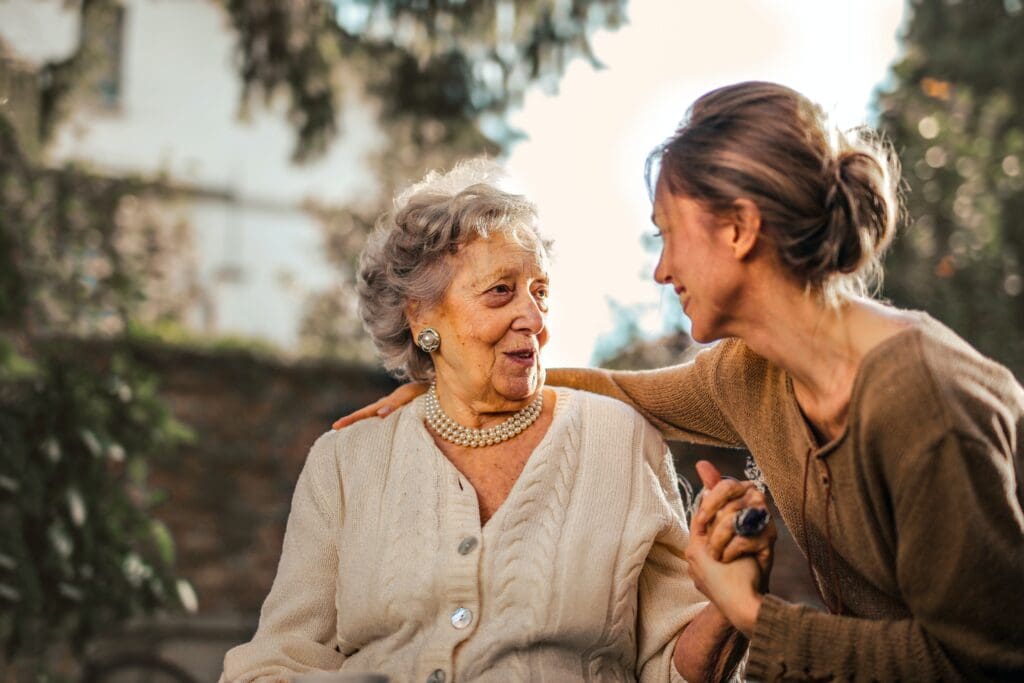
Future Directions and Conclusion
As the beauty industry continues to evolve, be congnizant of the anti-aging language used and what it really means to you and how you care for your skin. While much research has focused on the negative effects of ageism and age-related stereotypes, there is still much to be explored in terms of how language shapes our perceptions of aging and the ways in which we care for our skin.
Qualitative research can provide valuable insights into the ways in which individuals perceive and respond to anti-aging language. By conducting focus groups and interviews, researchers can gain a better understanding of how language influences attitudes and behaviors related to skin care. Additionally, systematic reviews of existing literature can help to identify gaps in knowledge and highlight areas for future research.
One potential avenue for future research is the development of alternative, age-positive language for the beauty industry. By reframing aging as a natural and positive process, rather than something to be feared or avoided, we may be able to encourage individuals to take a more proactive approach to skin care at any age.
Another area for future exploration is the role of information and education in shaping attitudes towards aging and skin care. By providing individuals with accurate and accessible information about the aging process and how to care for their skin, we may be able to empower individuals to take control of their own aging journey.
